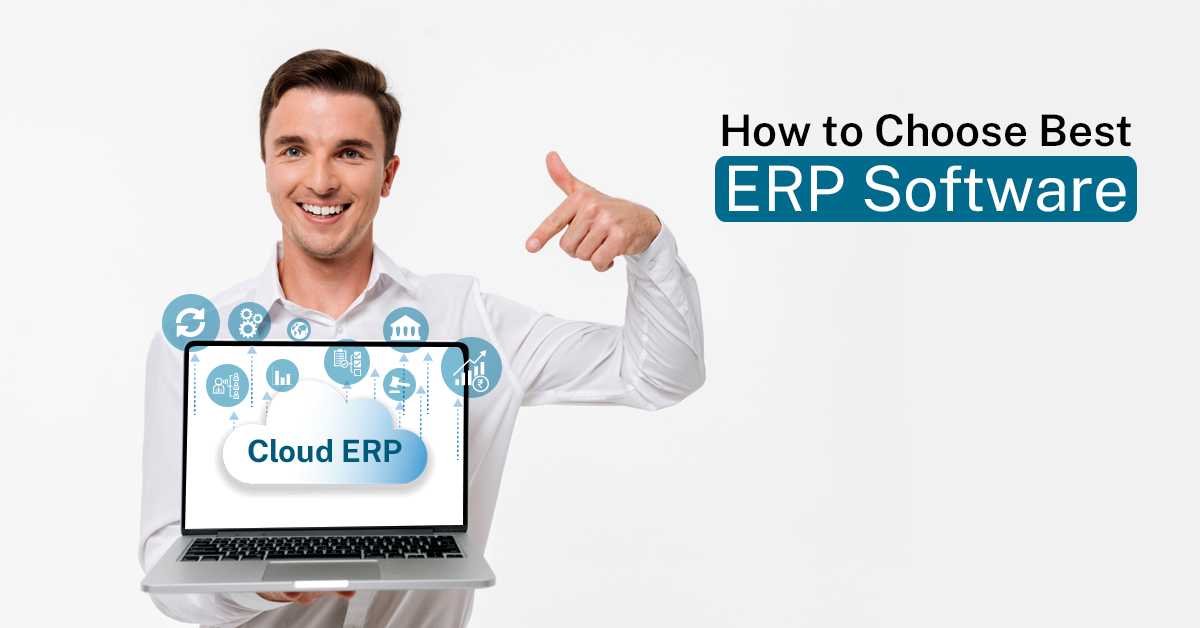In the fast-paced world of business, having the right tools and systems in place is crucial for success. Among these tools, Enterprise Resource Planning (ERP) software stands out as a cornerstone for streamlining operations, enhancing productivity, and driving growth. However, with a multitude of options available in the market, choosing the right ERP software for your business can be a daunting task. This ultimate guide aims to simplify the process and help you make an informed decision.
Understanding Your Business Needs
Before diving into the selection process, it\’s essential to gain a thorough understanding of your business requirements and objectives. Consider the following factors:
Business Processes: Identify the key processes within your organization, such as finance, inventory management, sales, and HR, that could benefit from ERP software.
Scalability: Assess your business\’s growth projections and ensure that the ERP solution you choose can scale along with your evolving needs.
Industry-specific Features: Consider whether you require industry-specific functionality tailored to the unique requirements of your sector, such as manufacturing, retail, or healthcare.
Evaluating ERP Solutions
Once you\’ve defined your business needs, it\’s time to evaluate potential ERP solutions. Here\’s a step-by-step approach:
Research and Shortlisting: Start by researching different ERP vendors and solutions available in the market. Consider factors such as reputation, customer reviews, and industry recognition. Create a shortlist of potential candidates based on your initial assessment.
Feature Comparison: Evaluate the features and functionalities offered by each ERP solution against your business requirements. Look for features such as financial management, inventory tracking, CRM, reporting and analytics, and integration capabilities.
Deployment Options: Consider whether you prefer an on-premises solution, cloud-based ERP, or a hybrid model. Assess the advantages and limitations of each deployment option in terms of cost, scalability, accessibility, and security.
Customization and Flexibility: Determine the level of customization and flexibility required to tailor the ERP system to your specific business processes and workflows. Ensure that the solution can adapt to your evolving needs over time.
Ease of Use and Training: Evaluate the user interface and intuitiveness of the ERP software. Consider the ease of implementation and the availability of training and support resources to facilitate user adoption and minimize disruptions.
Making the Final Decision
After thorough evaluation, it\’s time to make the final decision. Consider the following factors:
Cost and ROI: Evaluate the total cost of ownership, including initial setup costs, licensing fees, ongoing maintenance, and potential ROI. Choose a solution that offers the best value for your investment.
Vendor Reputation and Support: Assess the reputation and track record of the ERP vendor. Look for a vendor that offers reliable customer support, regular updates, and ongoing maintenance to ensure the long-term success of your ERP implementation.
Future Growth and Scalability: Choose an ERP solution that can accommodate your business\’s future growth and expansion plans. Ensure that the vendor has a roadmap for product development and can support your evolving needs over time.
Conclusion
Choosing the right ERP software for your business is a critical decision that requires careful consideration and evaluation. By understanding your business needs, evaluating potential solutions, and considering factors such as features, deployment options, customization, and support, you can select an ERP system that aligns with your goals and empowers your organization to thrive in today\’s competitive landscape.
If you’re thinking about optimizing operations or planning an ERP upgrade, don’t wait for systems to slow you down. Our team at TechlyCodes works behind the scenes to ensure your ERP implementation feels like a natural fit — not a forced fix.
👉 Let’s start the conversation.; Contact Us.


Leave a Reply